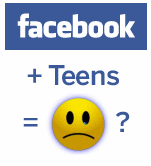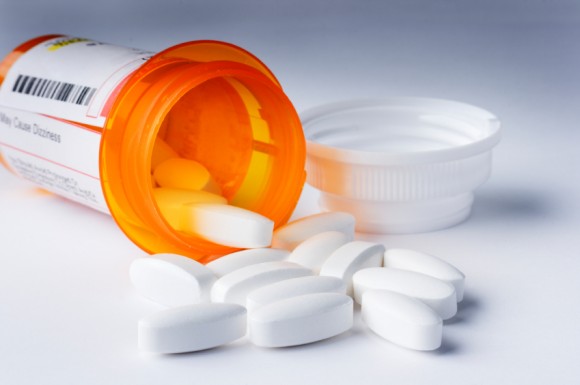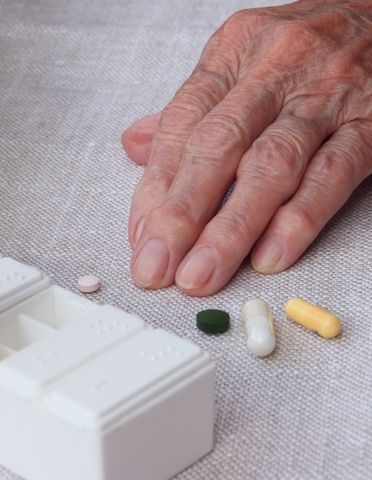
Pediatrics Journal Gets it Wrong About “Facebook Depression”
You know it’s not good when one of the most prestigious pediatric journals, Pediatrics, can’t differentiate between correlation and causation. And yet this is exactly what the authors of a “clinical report” did in reporting on the impact of social media on children and teens. Especially in their discussion of “Facebook depression,” a term that the authors simply made up to describe the phenomenon observed when depressed people use social media. Shoddy research? You bet. That’s why Pediatrics calls it a “clinical report” — because it’s at the level of a bad blog post written by people with a clear agenda.






SHARE YOUR STORY/COMMENT: